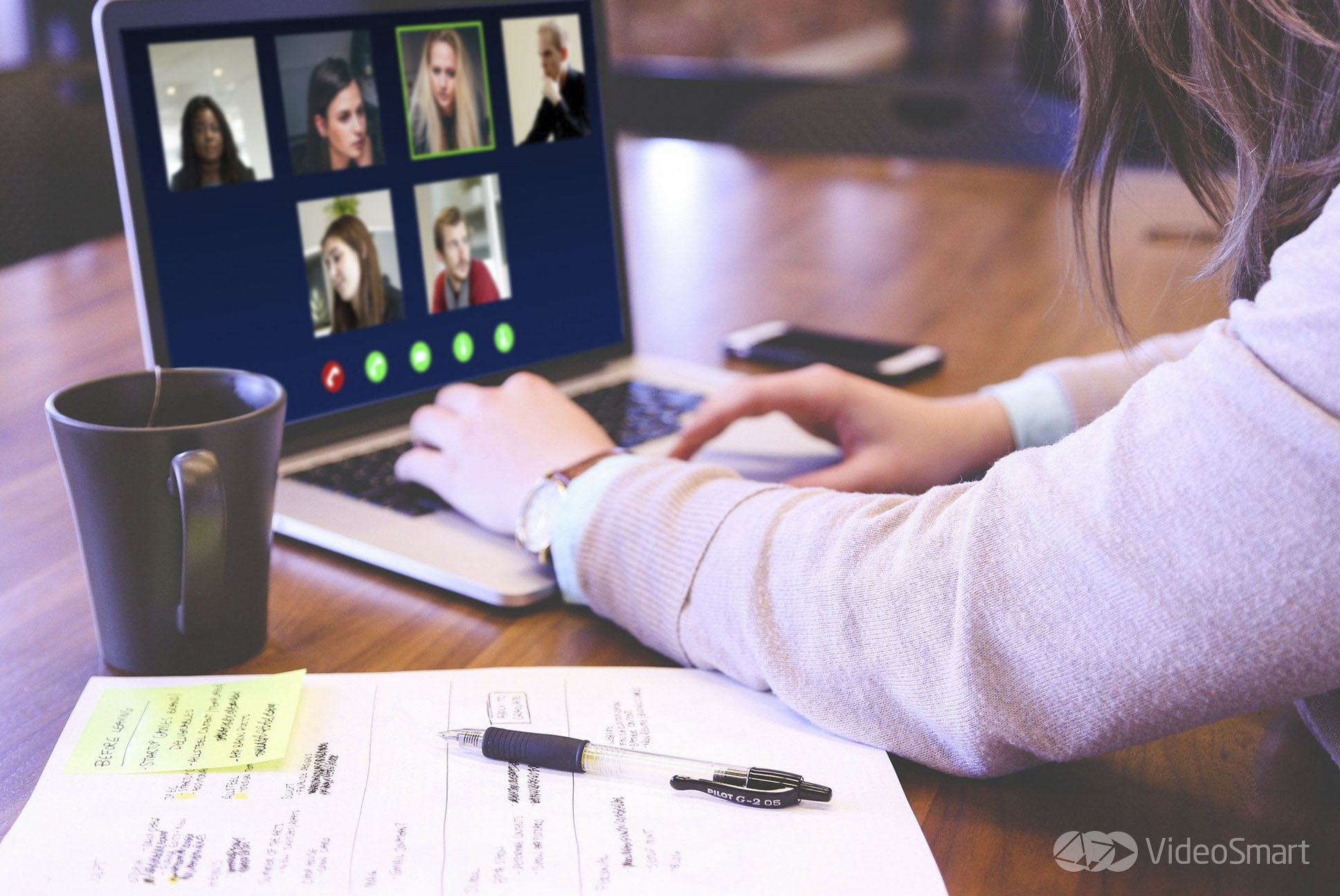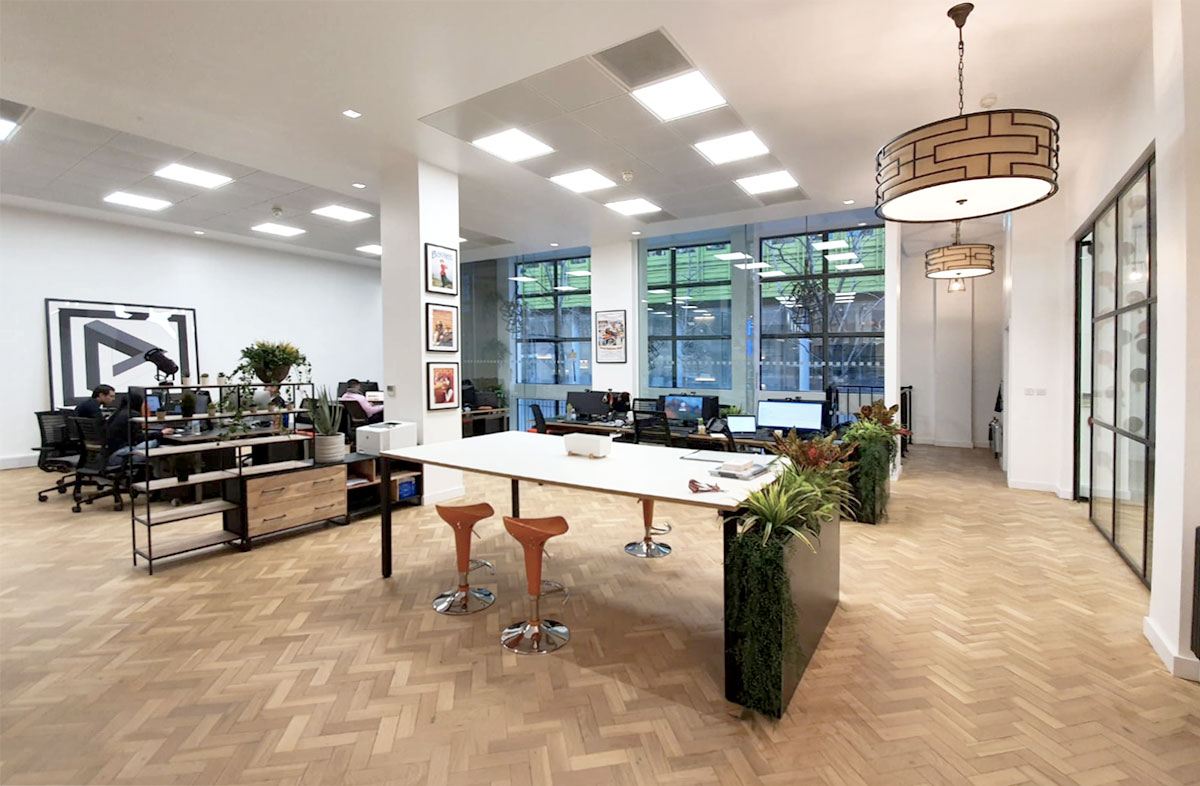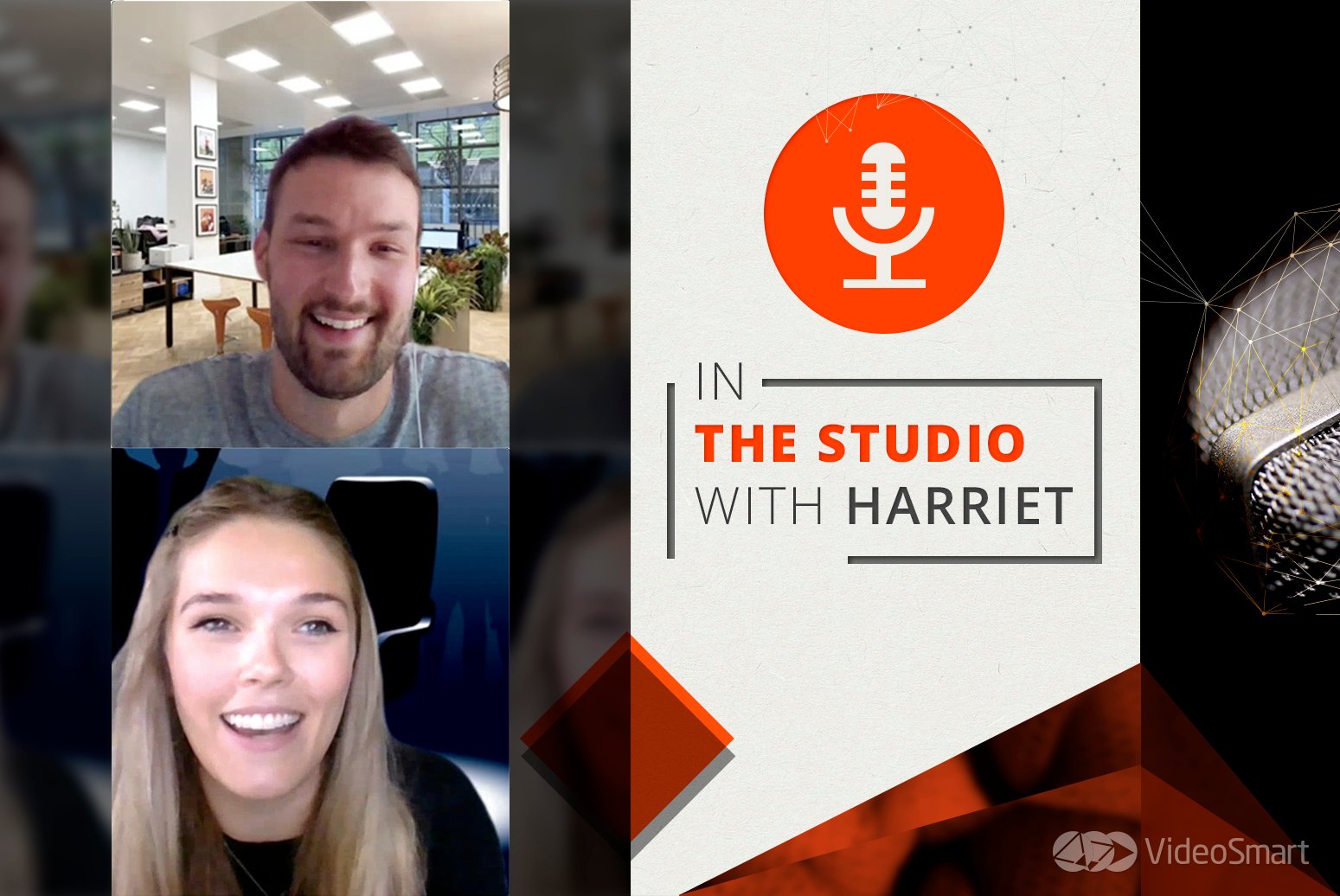The Virtual Onboarding Experience: A Warm Welcome

The current job market is a hard situation to ignore, with all major news and media outlets reporting on a near-daily basis on the rise of redundancy rates and furlough schemes all brought on by the Covid-19 pandemic this year.
Many have seen the nature of their jobs or the way in which they go about business change due to the new constricts brought on by social distancing.
With the in-person interview, attending job fairs, networking events or recruitment days no longer being an option, we have watched the world of job search and recruitment transform massively to allow for new ways of working and communicating digitally.
As a digital agency, we decided to reflect upon the ways in which we have taken on this new working world, asking new starters some key questions:
1. Having changed jobs during the pandemic, what is your top tip for acing a virtual job interview?
Emma: Be yourself, ask lots of questions and think of it as a 2-way conversation. It’s not just about finding out if they like you, it works both ways.
Use an interview as a chance to find out a lot about the role and the company to see if it’s a good fit for you and your aspirations. This approach should also help to calm the nerves!
2. What has been the biggest challenge you’ve faced during your onboarding experience due to the limitations of working remotely?
Emma: It’s quite challenging not meeting everyone in person. I’m a sociable person so this has been quite hard. But Teams meetings definitely helps. Everyone puts their cameras on all the time which is great.
Harriet: Building up relationships with the team! Needless to say, it’s all a lot more natural when you’re in the office to spontaneously start a conversation and get to know someone. When you’re working from home, the only time you speak to people is over a scheduled video call so it’s tricky to get to know people.

3. How did you feel onboarding remotely affected your experience of starting a new job?
Emma: It’s a little bit more difficult to pick things up remotely in my opinion. I felt more conscious of asking lots of questions as they’re all written down on Teams or in emails.
Harriet: Personally, I didn’t mind it at all. I found the whole process very smooth sailing because of how much people were relying on Teams anyway! However, I now appreciate the ease of asking someone a quick question in person, not being able to do was by far the biggest negative affect!
4. What has surprised you the most about your virtual onboarding experience so far?
Emma: I’m surprised at how much I do feel part of the team already. Everyone has been so welcoming and lovely, so although I’m still finding my feet I do feel like I have a role within the team and am getting to know people.
Harriet: I didn’t realise how much Teams or video calls would lend themselves to the whole onboarding experience actually! Throughout all my inductions, screensharing was essential as I was walked through all of the steps and processes and it actually proved to be the handiest tool.
5. Has Covid-19 changed your opinion on what is most important to you when looking for a job? And how has changed for you?
Emma: No, I actually feel the same as before. A move has to be right for me in order to take the leap of faith. I have the same aspirations and goals, and the things that make a role right for me is a lot to do with a company’s ethics and most importantly the chemistry between myself and the team.
6. What would your advice be to employers for reaching the right candidates online?
Emma: Remember that people are super uncertain about their futures at the moment so lots of information and reassurance is important, as well as clear lines of communication and availability for conversations.

7. What advice would you give on making your CV/profile stand out online?
Emma: Ensure the formatting is super clear and tidy and have your best attributes and skills right at the top.
8. Which tool has helped you most whilst working from home?
Emma: Microsoft Teams!
Harriet: TEAMS! Where would we be without it? Imagine having to send documents to your team and present something over the phone!? It’s a no from me.
9. Integrating your work life into your personal space can present an array of challenges for even the best prepared, from a professor’s BBC interview being famously interrupted by his two kids, to dogs barking, packages arriving, internet crashing – all types of things can occur!
What’s been the biggest virtual blunder so far? In your personal experience or from what you’ve seen online.
Emma: My cat likes to appear on all my video calls – for some reason that’s when she wants a cuddle from me! Lucky she’s cute but I have had to bat her away occasionally when speaking to Clients or having a serious conversation.
Harriet: I’ve heard a lot of horror stories which are so funny because they’re all so easily done, whether that’s children interrupting or someone’s husband or wife not realising they’ve started talking while a meeting is happening. My favourite though is my friend who started her new job the other day and realised she had her dirty washing including her underwear sitting on top of the wash bin throughout her first couple of days in the background of all her introductory video calls.
10. What do you choose - virtual background screen or real background?
Emma: Real background – my flat is pretty much all white so makes the perfect background.
Harriet: Virtual! At the moment, I’m working in my bedroom and I think having your bed in the background is just weird.
11. Is there an application or digital tool for you personally that has helped you get through lockdown? What is the one app you would recommend everyone go download?
Emma: Audiobooks / podcasts as these really encourage me to get out for a daily walk.
Harriet: Podcasts. I already loved them but there’s a podcast for every occasion and they’re perfect for your daily walk!
12. If you could take one piece of your working from home life back with you to the office, what would it be?
Emma: My kitchen!
Harriet: Having a proper kitchen to cook breakfast and lunch in every day.
Covid-19 has shown us that the working world can adapt to any situation that may be thrown at us, with tech innovations like Microsoft Teams and Slack making communicating remotely easier than ever.
A survey by the Institute of Directors this year shows that 74% of the 1,000 firms questioned plan on maintaining the increase in home working. Having experienced an upheaval in 2020, what will the working world look like in the coming years?


